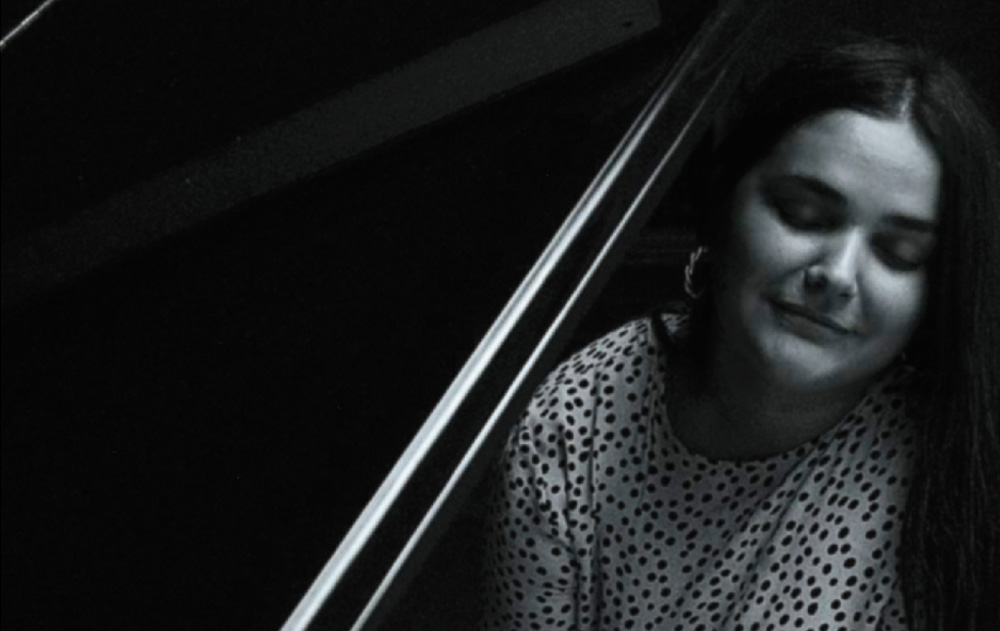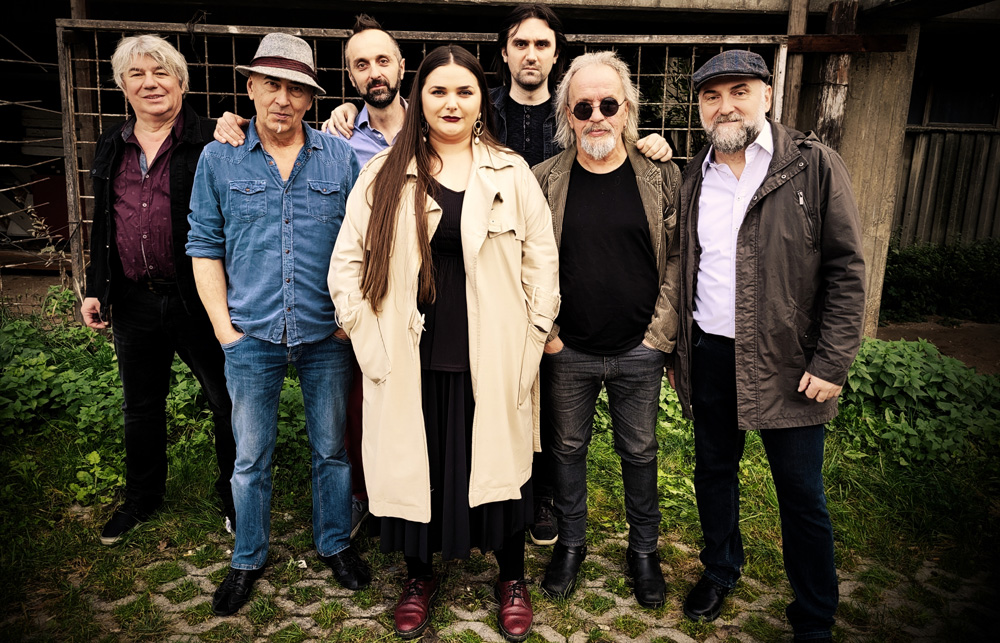Mostar Sevdah Reunion is a project that, despite all the struggles, continues its mission which started in the now distant 1998 (founded by the producer Dragi Šestić), and the mission is to present sevdah, an autochthonous musical expression of this area and an important element of our culture, as well as our exquisite artists, to the whole world.

These fellows have been digging out jewels from a devastated land and putting them onto the international map of musical treasures, extending a hand to both unfairly and unfortunately underrepresented talented people, and they have been bringing them out to the spotlights of the worldwide stages, showing and proving to the world that we are special by beauty as well, earning ovations and sighs for the gift of this country and this land from those who do not know us. It has been my great honor to be a tiny part of this project.
SEVDAH IS ORIGINALLY AN ARABIC WORD THAT PENETRATED INTO BOSNIAN THROUGH TURKISH
This word points to dark passion, irrational exuberance and also to love. The songs of the unique sevdalinka musical formation were brought to the world by a tragic coincidence after the bloody break-up of Yugoslavia, when the last living masters of the genre formed the band Mostar Sevdah Reunion.
After many MSR’s albums, this one has moved further on and raised the bar. It has brought the ampleness, better quality, new value. And it has brought awe, that in a small country such as Bosnia and Herzegovina and its geographically small, but truly great, town of Mostar, something like this can be made. The mystery of Bosnia and Herzegovina! Something that will find its place in the vaults for the world’s cultural heritage.
Almost all songs on the “Lady Sings the Balkan Blues” album corroborate that
They speak about loneliness, a girl that “lonely lies down and lonely gets up”, about growing old while waiting for the loved one, about “the first one that caught her eye”, unwanted arranged marriage, wishes and dreams… about deep love desire and longing. Some of them were already buried under the veil of time.
Those are predominantly Bosnian sevdalinkas and some songs that were written in the past century in the style of Bosnian sevdalinka, so the BBC’s name “Bosnian Blues” would be more than suitable to be used in the name of the album. However, the intention of the production is to express the cross-border nature of the genre, and a wider contribution to the development and representation of sevdah.

Thematically, we have a kara-sevdah album here, a certain sub-genre with the deepest emotions and a particularly demanding performance.
And who would be the “Lady” that brought this album to life with her voice? Antonija Batinić is a young lady from Kupres, a girl who became popular by singing rock, jazz and blues, and who has been performing with Mostar Sevdah Reunion in concerts throughout the region and the world. And she has left no one indifferent. Rock, jazz – and sevdah? As I said, misconceptions can only do harm. Antonija’s voice is such that she can deliver the most demanding kara-sevdah songs confidently, genuinely, and authentically.
KARA-SEVDAH IS A SUBGENRE OF SEVDALINKA
We are obliged to mention that the last song on the album is a new, authored song, recorded in memory of the late MSR singer and friend, Milutin Sretenović Sreta, with whom they were supposed to record a new album. The song “When the Music Ceases” probably can not be considered as sevdah, but it, indeed, carries the characteristics and spirit of sevdah, and it is a certain adornment to this album, with a special, unfortunately mournful symbolic.
The album “Lady Sings the Balkan Blues” was ranked number one on the World Music Charts Europe in February this year.
NMR (photo: press Mostah Sevdah Reunion)
















